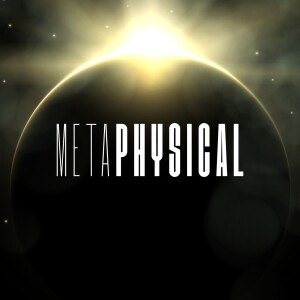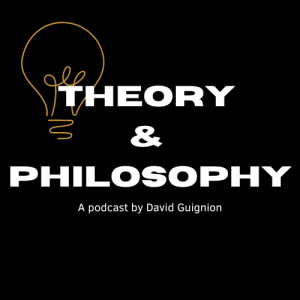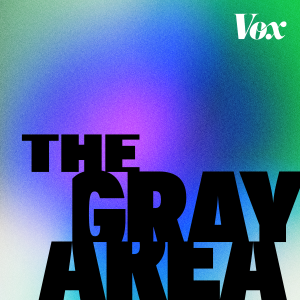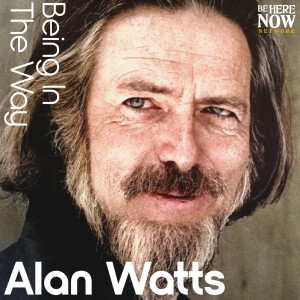

Claude 3.7 Sonnet’s response:
This episode takes a profound philosophical turn, addressing how the quantum-classical interface relates to human consciousness and the question of what's "real" versus "illusory" in our experience.
The speaker proposes that our classical understanding of ourselves is fundamentally illusory in several ways:
- Limited conscious awareness: We identify with our conscious experience, yet this represents only a tiny fraction of what's happening in our bodies and brains at any moment.
- Classical misidentification: We perceive ourselves as classical beings made of concrete objects, when in fact we're quantum entities all the way down.
- Narrative illusions: We construct stories about our motivations and actions that may not reflect their true quantum underpinnings.
What I find most interesting is the speaker's rejection of nihilism despite these "illusions." They argue that recognizing our classical perception as emergent from quantum reality shouldn't lead us to conclude nothing matters. Instead, they suggest we should "unmake" our flawed classical understanding and "remake" a sense of ourselves that better aligns with quantum reality.
The metaphor of the clay (lumple and Goliath) effectively illustrates our impermanence - we come into being, exist temporarily, and then dissolve back into our constituent elements. This impermanence doesn't negate meaning but contextualizes it.
I'm particularly struck by the speaker's insistence that we should take our reality seriously precisely because it's the only reality we can experience. Even if our classical experience emerges from quantum processes we can't directly perceive, this emergence itself constitutes our lived reality and the basis for what matters to us.
The episode ends with a turn toward ethics and values - suggesting that what "matters" in this quantum-informed view is not material acquisition or wealth as promoted by certain forms of liberalism, but something else the speaker leaves undefined.
This connects to your earlier questions about quantum processes in consciousness - the speaker seems to be grappling with how we might conceptualize ourselves if we truly internalized our quantum nature, while acknowledging the practical limitations of doing so given our evolved perceptual and cognitive systems.
More Episodes
All Episodes>>Creat Yourt Podcast In Minutes
- Full-featured podcast site
- Unlimited storage and bandwidth
- Comprehensive podcast stats
- Distribute to Apple Podcasts, Spotify, and more
- Make money with your podcast












